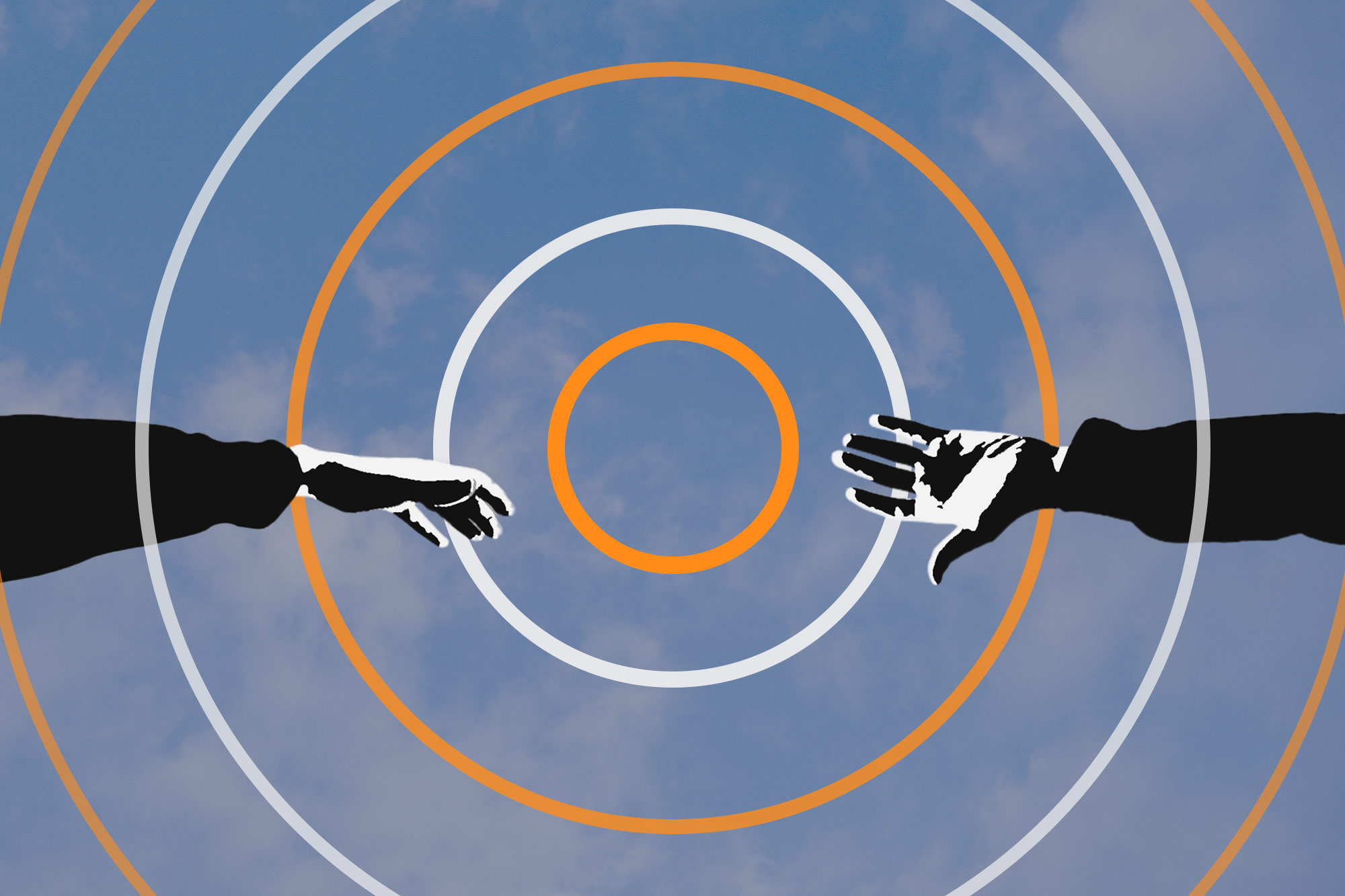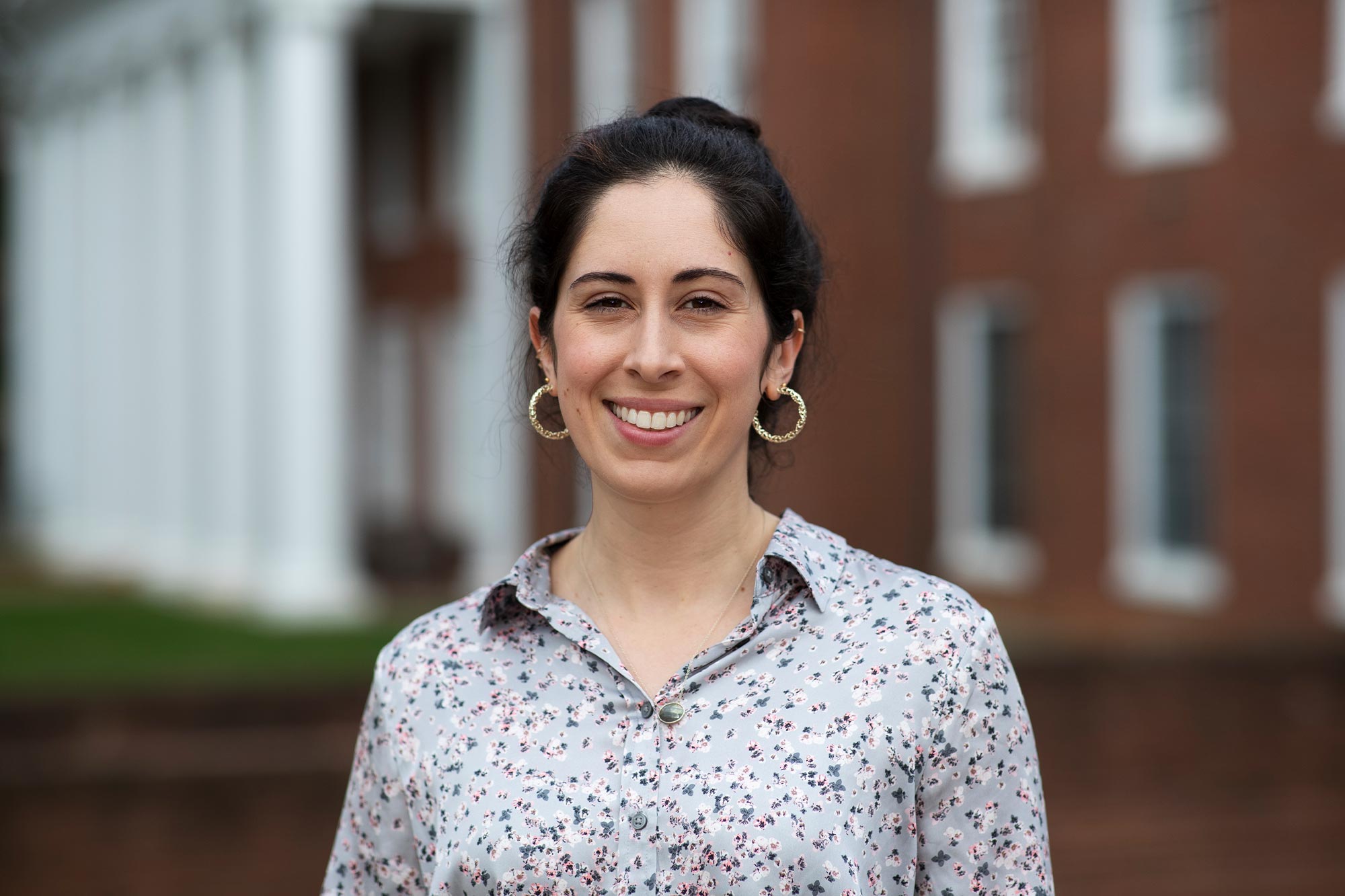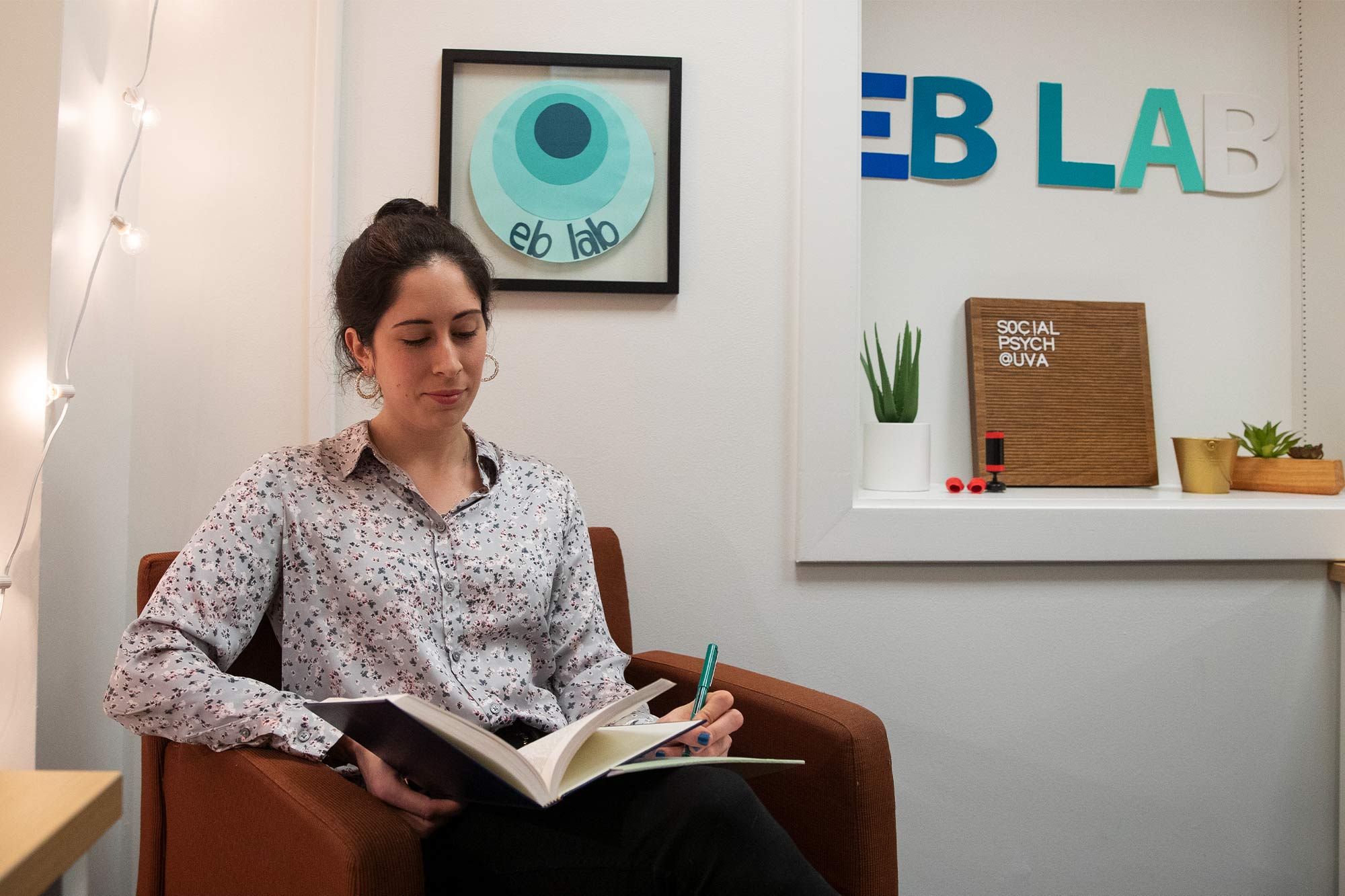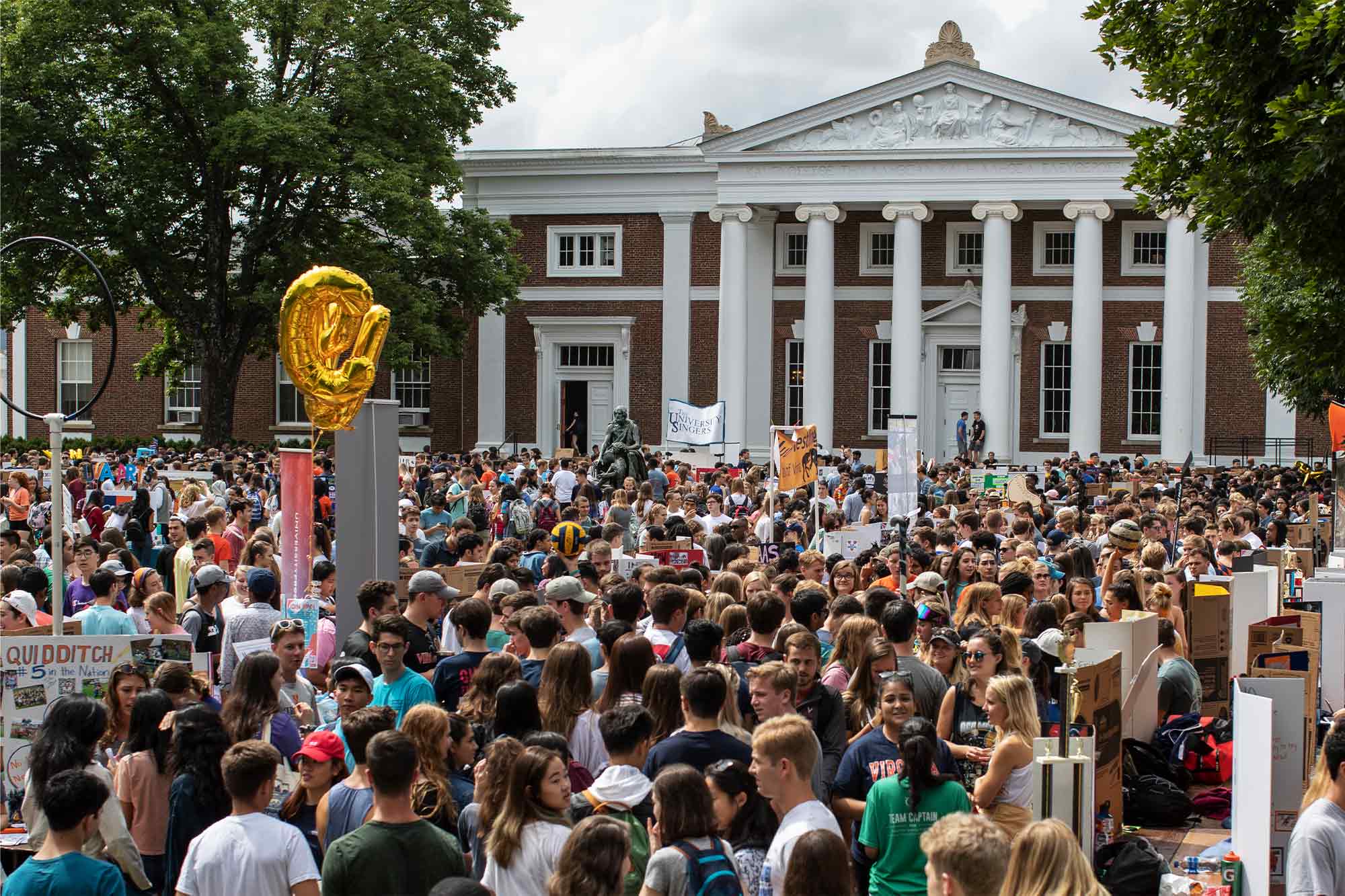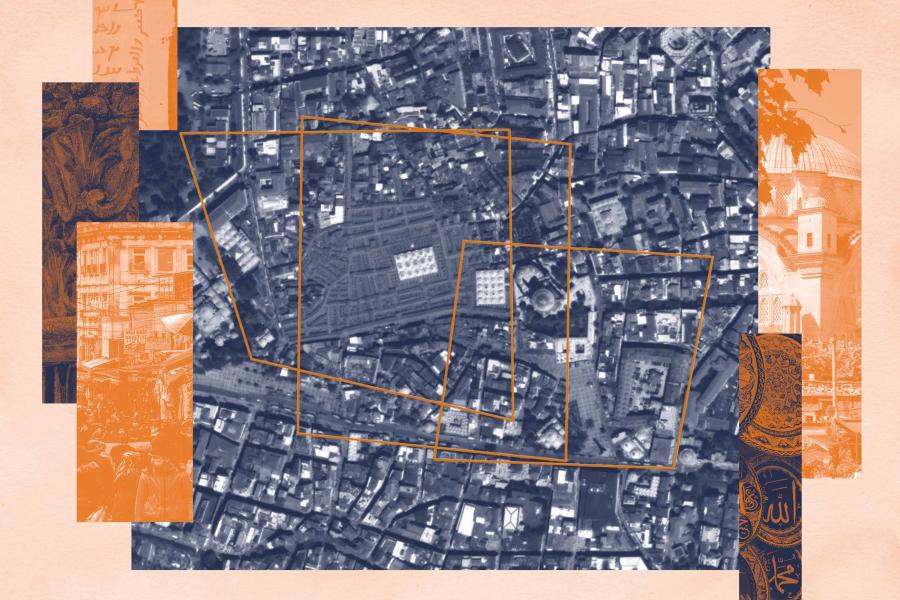Are you lonely? If so, you’re not alone in feeling that way.
Before the coronavirus pandemic, three in five Americans reported feeling lonely, and since then as many as a million more of us have reached a state of chronic loneliness, a condition that if left unresolved can contribute to serious long-term problems like depression, sleep disorders, heart disease and substance abuse.
So, if you find yourself longing for the kind of social connection that you can’t get from Instagram or Twitter, what do you do about it? Should you get closer to the friends you already have, or is it time to make some new ones?
Of course, the solution isn’t as simple as choosing one or the other, but the search for a practical answer has won Adrienne Wood, assistant professor of psychology and director of the Emotion and Behavior Lab at the University of Virginia’s College and Graduate School of Arts & Sciences, the National Science Foundation’s CAREER award. It’s one of the most coveted honors for early-career faculty whose work in both the lab and the classroom shows exceptional promise.
While research shows that the strength of our social connections is a predictor of our well-being in general, what is less clear is whether it’s better to have more friends or to have deeper relationships with the ones we already know.
